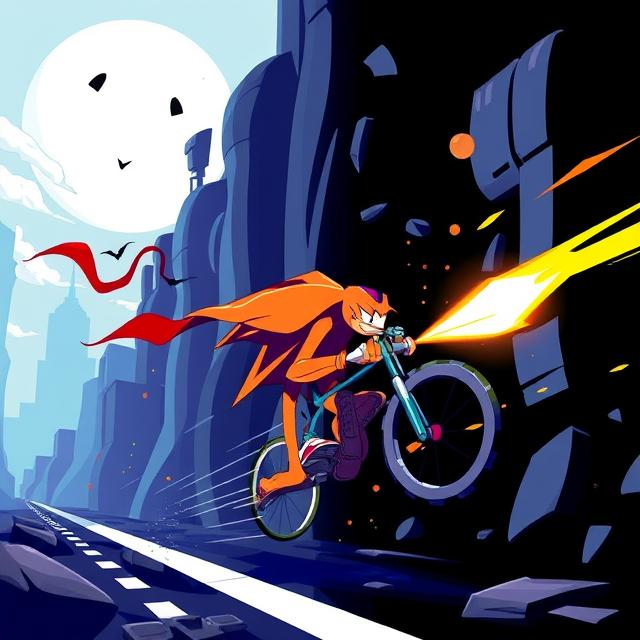Not all games are about combat, conquest, or competition. In recent years, “cozy games” have carved out a space for players seeking calm, creativity, and emotional safety. These games prioritize relaxation, expression, and slow-paced engagement—an antidote to the intensity of modern life.
Titles like Stardew Valley, Animal Crossing, and Spiritfarer embody this movement. You don’t fight. You tend gardens, befriend neighbors, or guide spirits. These activities may sound mundane, but they offer something rare in gaming: comfort.
What defines a cozy game?
- Low stakes: There’s no punishment for failure, no timers, no high-stress mechanics.
- Wholesome themes: Kindness, community, creativity.
- Soothing visuals and music: Soft palettes, ambient soundtracks, and gentle animations.
- Open-ended goals: Players decide what success means—whether it’s a decorated home, a full museum, or a thriving farm.
The popularity of cozy games surged during the pandemic, as players sought emotional relief. But even post-lockdown, their appeal remains strong. Streamers use them for mental health breaks. Parents play them with kids. Burned-out gamers use them to reconnect with gaming itself.
Some developers now design specifically with emotional well-being in mind—Unpacking, A Short Hike, and Dordogne are examples. These games tell small stories with big feelings.
Cozy games are proof that challenge isn’t a requirement for fulfillment. Sometimes, the greatest reward is peace.

Leave a Reply